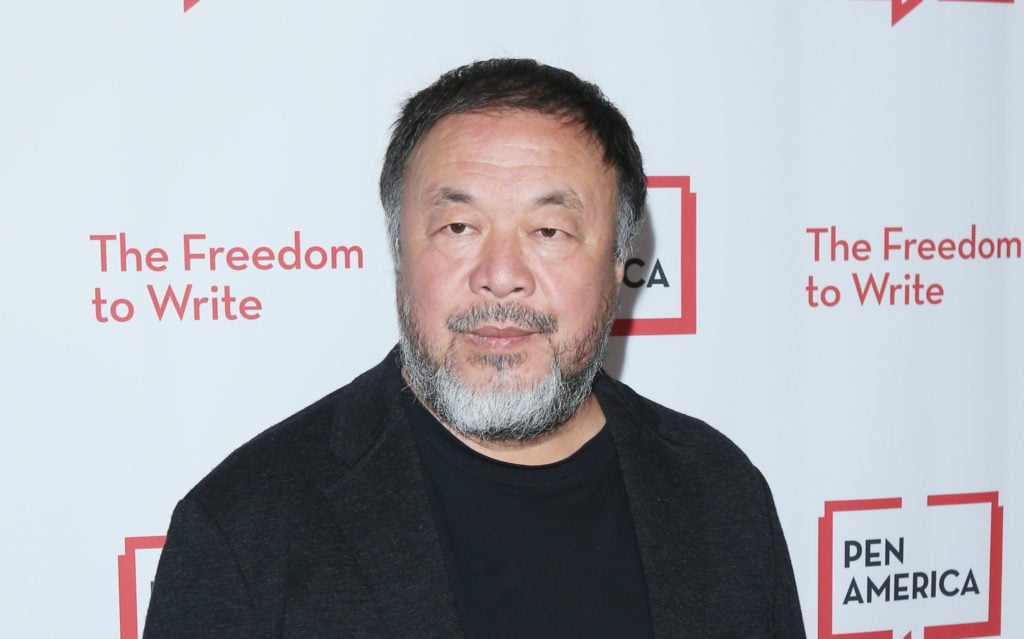Politics
30 Years Ago, Ai Weiwei Was an Extra in a Puccini Opera. Now He’s Directing One—to Address the Hong Kong Protests
As always, Ai is taking inspiration from contemporary political events.

As always, Ai is taking inspiration from contemporary political events.

Taylor Dafoe

The ongoing protests in Hong Kong, which have drawn hundreds of thousands of the city’s citizens to the streets to make demands of their government, will now figure in two new projects by dissident Chinese artist Ai Weiwei.
The first is a work for the Teatro dell’Opera di Roma (Rome Opera House), for which he will design and direct a new version of Giacomo Puccini’s three-act production, Turandot.
“This Turandot will be from my point of view,” Ai said in a statement when the production was first announced earlier this year. “It will be an opera immersed in the contemporary world, the present cultural and political struggles represented through Puccini’s story.”
The protests in Hong Kong, sparked by a proposed extradition agreement with mainland China that would have made it harder for activists and journalists to seek protections, will now be the focus of his production, according to the Art Newspaper. “The demonstrations will definitely be reflected in the opera,” he told the publication.
In addition, Ai is also working on a documentary about the protests. Earlier this month, the artist sent a film crew to the city to gather footage.
The demonstrators’ demands have grown since Hong Kong’s chief executive, Carrie Lam, withdrew the proposed extradition bill. Among them are a complete suspension of the proposal, which could currently still make its way to law; amnesty for every arrested protester; and an inquiry into allegations of brutal police tactics.
The opera project, which was proposed by the Teatro dell’Opera di Roma, also taps into Ai’s personal history, according to the Art Newspaper. In 1987, the artist, along with his brother, was an extra in stagings of Puccini’s work at the Metropolitan opera House in New York.
“I would never have accepted if it had not been Turandot,” Weiwei said to the Italian newspaper La Repubblica earlier this year. “I have never forgotten [that experience] at the Met with my brother. I did it to maintain my studies, the work was culturally very far from my interests.”
The details of how Hong Kong will figure into the opera are not yet clear. (The artist did not respond to artnet’s request for comment.) But the work, with a libretto by Giuseppe Adami and Renato Simoni, is set in China and follows a young prince who must solve three riddles to win a princess’s love. The work was left unfinished when Puccini died in 1924 and was completed by composer Franco Alfano in 1926. It was staged in Milan for the first time later that year.
Weiwei’s Turandot is set to run from March 25 to April 5 next year.